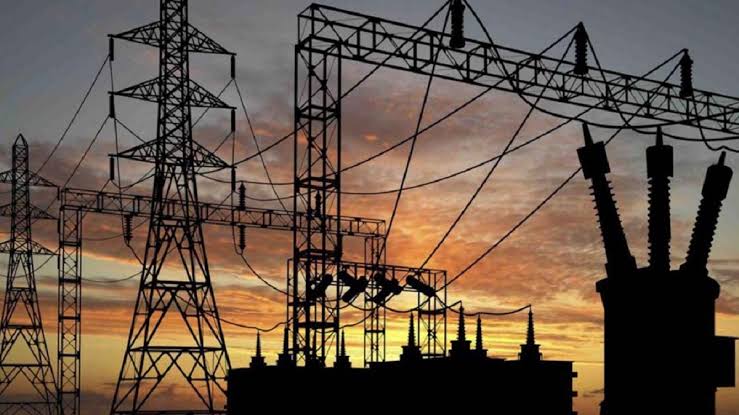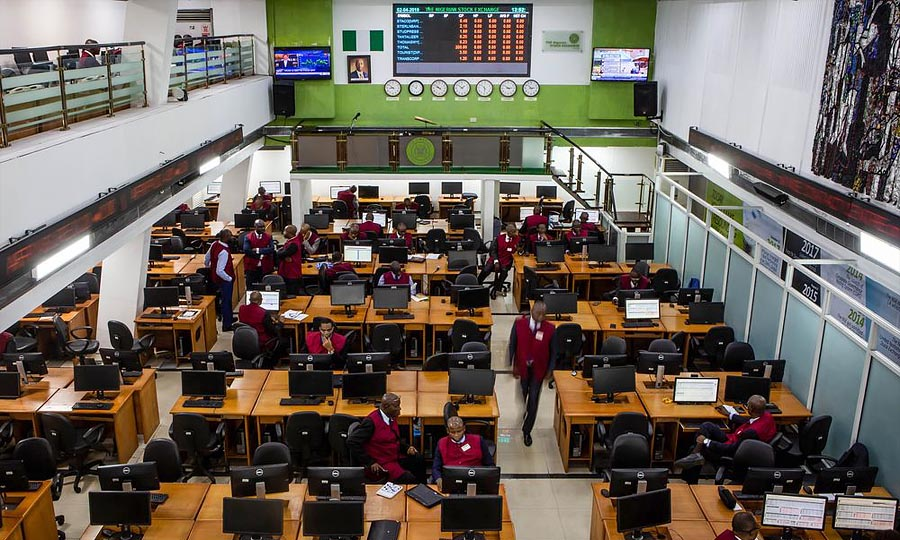. Troops rescue four Chinese nationals, 17 other kidnapped victims in Kwara, Kogi
Linus Aleke in Abuja
The Nigerian Army has said the security situation in the North-east region has improved significantly following sustained counter-terrorism operations and stronger synergy among security agencies.
The Theatre Commander, Joint Task Force, North-east Operation Hadin Kai, Major General Abdulsalam Abubakar, stated this yesterday in an interview with the News Agency of Nigeria (NAN) in Maiduguri, Borno State.
This is just as the Nigerian Army has revealed that troops of 2 Division/Sector 3, Operation Fansan Yamma, rescued 21 kidnapped victims as part of its sustained efforts to eliminate bandits and other criminal elements operating in Kwara and neighbouring states.
Abubakar said the Armed Forces of Nigeria had maintained operational initiative across the theatre, denying terrorists freedom of movement and access to logistics that once fueled their campaign of terror.
According to him, the lingering insecurity in the North-east is closely linked to broader regional and global developments, including instability in the Sahel, the Middle East, and the Russia–Ukraine war.
“Since November last year, we have observed an increase in the use of armed drones and radio-controlled improvised explosive devices by the terrorists. These trends are direct consequences of global technological proliferation linked to conflicts elsewhere.
“However, our forces continue to retain the initiative. The goal of the armed forces remains to flush out the terrorists from their remaining strongholds in Sambisa Forest, the Mandara Mountains, the Tumbuns, and the Lake Chad Islands,” he said.
The commander noted that coordinated operations had yielded remarkable results, with about 26 key terrorist commanders neutralised in the last two months, alongside major recoveries of arms, ammunition, and vehicles.
He said many insurgent camps had been cleared and destroyed, forcing remnants of the groups into isolated pockets, while socio-economic activities had resumed in most liberated areas.
“Markets have reopened, schools are functioning, and once unsafe roads are now experiencing daily movement of goods and people. That is a major milestone for us as a nation,” he said.
Abubakar said sustained pressure by troops had restored public confidence, leading to increased voluntary returns under the Borno State Government’s resettlement framework.
He described the disruption of the terrorists’ logistics network as a turning point in the fight against Boko Haram and ISWAP.
“By cutting off their supply chains, we have effectively crippled their capacity to sustain prolonged engagements. Several IED-making factories have been discovered and destroyed, and we have recorded tremendous successes in intercepting their logistics convoys,” he added.
He cited the July 2025 operation in Dikwa, where troops recovered more than 50 lethal IEDs as an example of how intelligence-led missions disrupted enemy capabilities.
Abubakar said over 257 terrorists were neutralised in coordinated ground and air offensives between July and September, with many others surrendering alongside their families.
He added that the use of drones by terrorists had been curtailed through anti-drone technology, and improved air dominance made possible by the support of the Military High Command.
On reports of renewed attacks in border communities around Kirawa, Abubakar said the incidents were desperate attempts by terrorists to create fear.
“Most of these attacks are confined to remote border settlements, reflecting desperation rather than strength. Kirawa was previously under the MNJTF framework, but we have made adequate deployments to strengthen control and forestall further incursions,” he said.
The commander said additional troops, armoured vehicles, and surveillance units had been deployed to the Kirawa axis to ensure a rapid response to any threat.
“OPHK covers about 130,000 square kilometres, so the terrain is vast. But we have improved our deployment posture and coordination with the MNJTF and local security volunteers to ensure no area remains vulnerable. Kirawa is now fully secured with boots on the ground,” he assured.
Abubakar urged residents to continue cooperating with the military by providing credible intelligence and denying logistics support to terrorists.
“Citizens must collaborate with the military in fishing out bad elements. This is a whole-of-society approach to asymmetric warfare,” he said.
Meanwhile, the Nigerian Army has revealed that troops of 2 Division/Sector 3, Operation Fansan Yamma, rescued 21 kidnapped victims as part of its sustained efforts to eliminate bandits and other criminal elements operating in Kwara and neighbouring states.
The Acting Deputy Director of Army Public Relations, 2 Division Nigerian Army, Lieutenant Colonel Polycarp Okoye, stated in a statement that coordinated operations by troops of 12 Brigade, Lokoja, and 22 Armoured Brigade, Ilorin, led to the rescue of the kidnapped persons.
Okoye disclosed that those rescued include 14 males, five females, one infant, and four Chinese nationals.
The victims, he said, revealed that they had been abducted from different locations across Kwara and Kogi States.
“Following troops’ intensified offensive, the bandits were forced to release their captives, some of whom had been held for over four months,” the statement added.
The General Officer Commanding (GOC) 2 Division, Nigerian Army (NA), and Commander, Sector 3, Operation Fansan Yamma, Major General C.R. Nnebeife, who has been coordinating the operations, ensured that the victims were provided with necessary first aid and other relief items to assist their recovery from the ordeal they had endured at the hands of their abductors.



